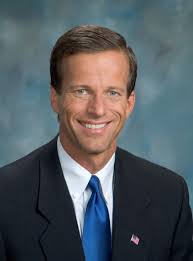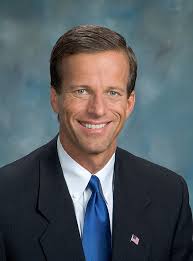The bond market is saying that it’s safer to lend to Warren Buffett than Barack Obama.Kurt Brouwer at MarketWatch borrows a graphic from the Cato Institute to help us visualize the magnitude of the problem:
Two-year notes sold by the billionaire’s Berkshire Hathaway Inc. in February yield 3.5 basis points less than Treasuries of similar maturity, according to data compiled by Bloomberg. Procter & Gamble Co., Johnson & Johnson and Lowe’s Cos. debt also traded at lower yields in recent weeks, a situation former Lehman Brothers Holdings Inc. chief fixed-income strategist Jack Malvey calls an “exceedingly rare” event in the history of the bond market.
The $2.59 trillion of Treasury Department sales since the start of 2009 have created a glut as the budget deficit swelled to a post-World War II-record 10 percent of the economy and raised concerns whether the U.S. deserves its AAA credit rating. The increased borrowing may also undermine the first-quarter rally in Treasuries as the economy improves.
“It’s a slap upside the head of the government,” said Mitchell Stapley, the chief fixed-income officer in Grand Rapids, Michigan, at Fifth Third Asset Management, which oversees $22 billion. “It could be the moment where hopefully you realize that risk is beginning to creep into your credit profile and the costs associated with that can be pretty scary.”
That’s quite a number — $2,590,000,000,000 — in Treasury sales over the past year or so. Why are we issuing so many Treasuries. Because we can and because we must due to huge government spending initiatives.
Take a look at this chart. This shows five decades of government spending by category. Only one category has been going up and that is the red line.
If we do not correct our course and soon, the U.S. may really lose its AAA credit rating, and the phrase "full faith and credit of the United States Government" may be relegated to the dustbin of other historical discards, like "Give me liberty or give me death."







